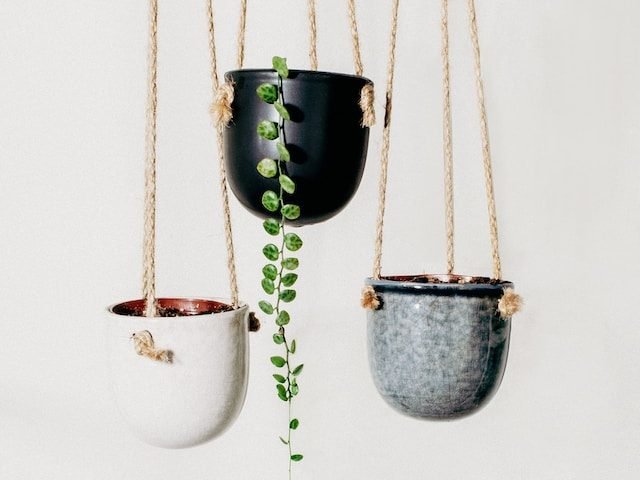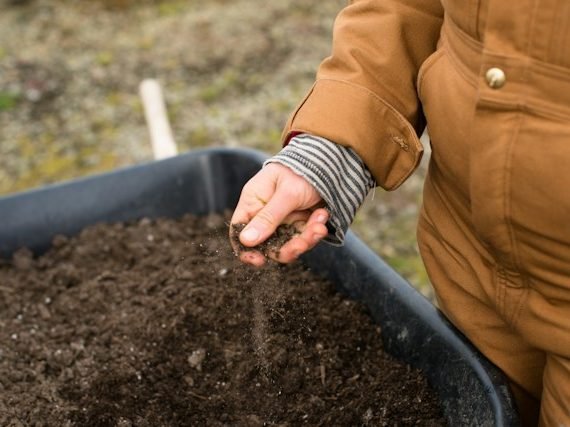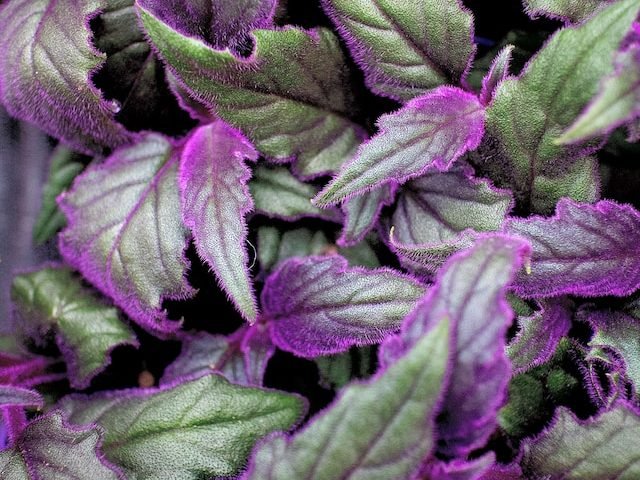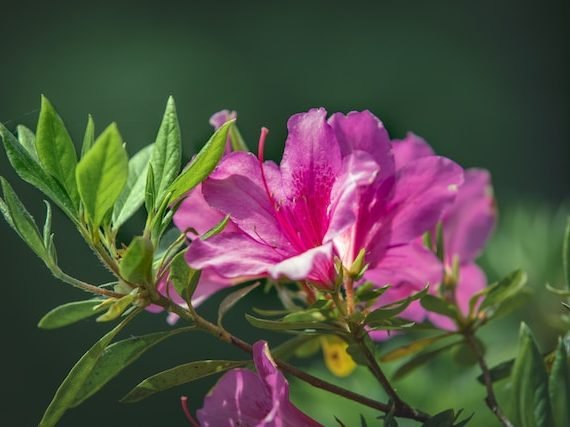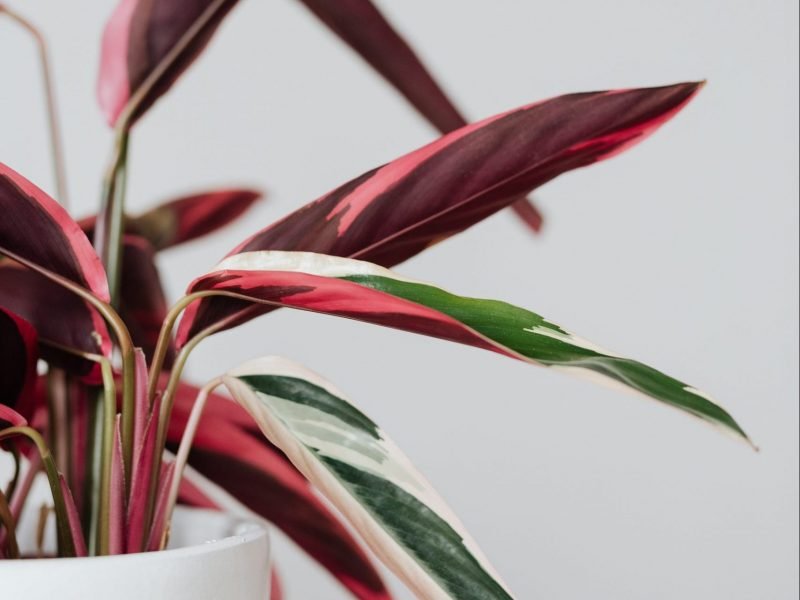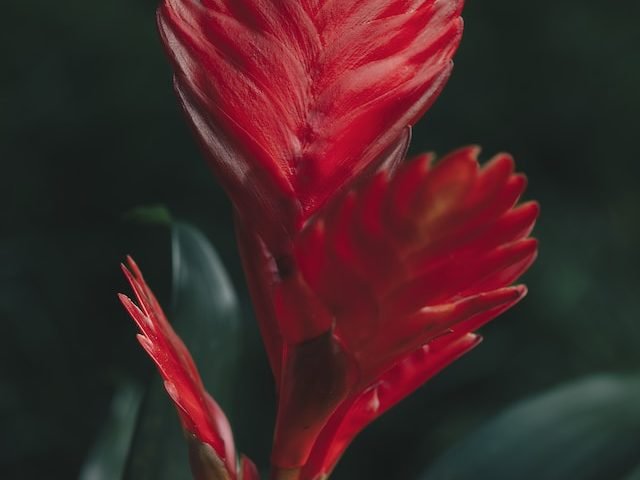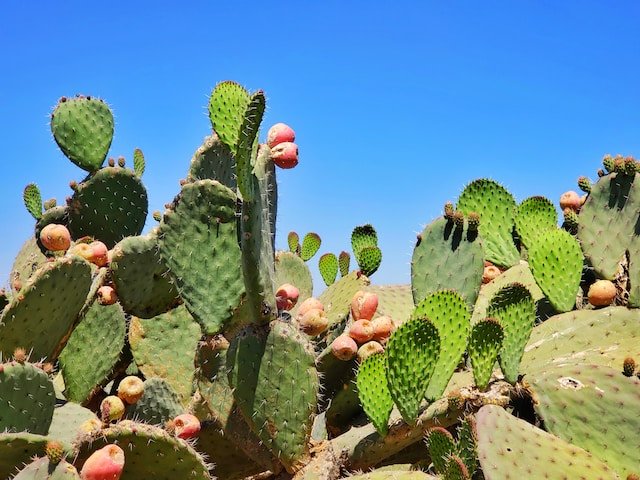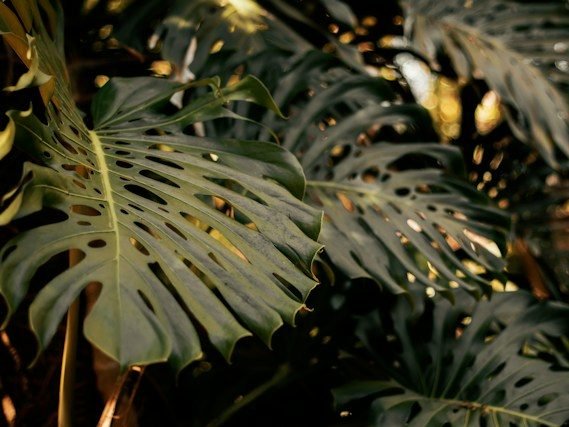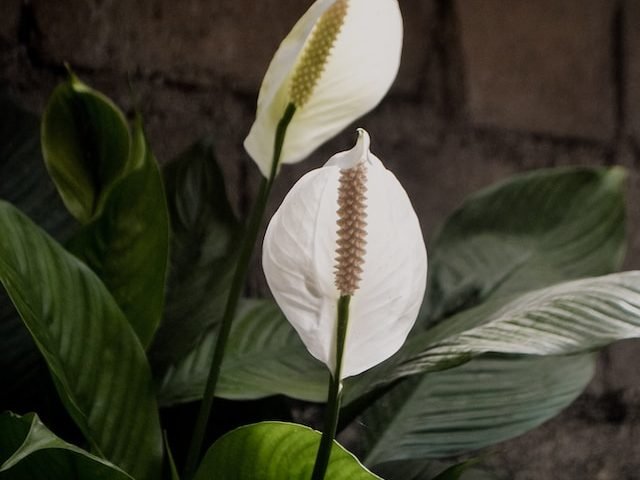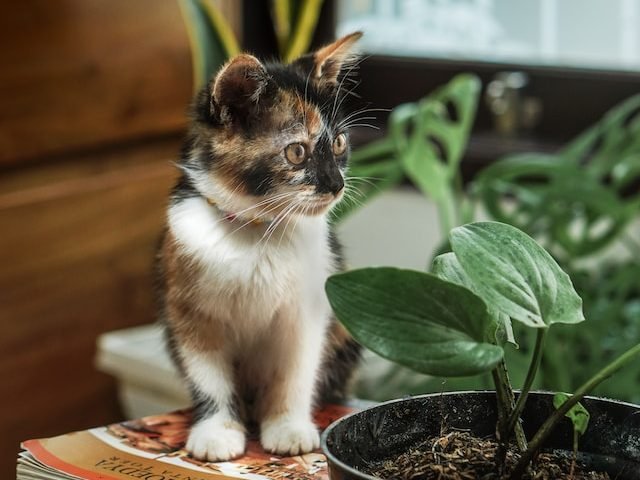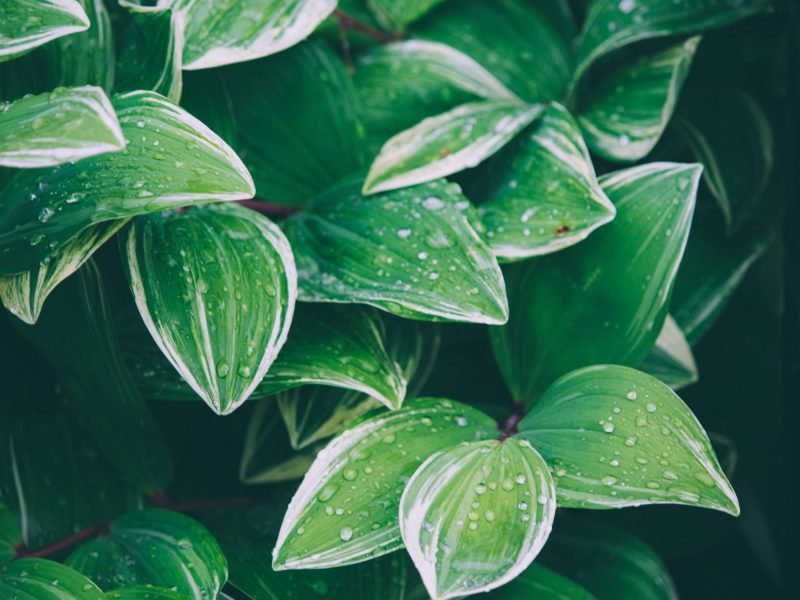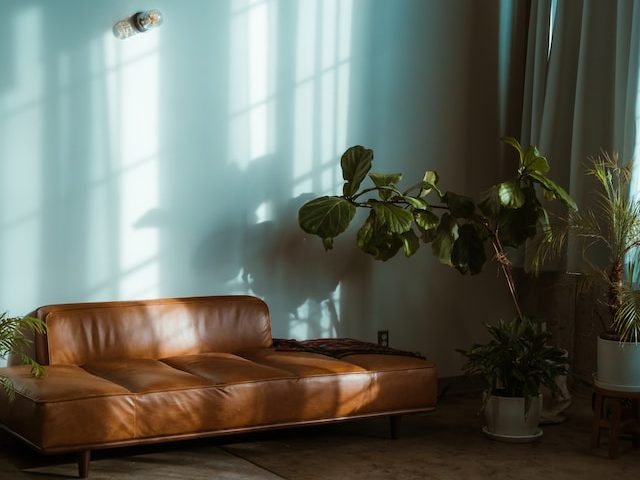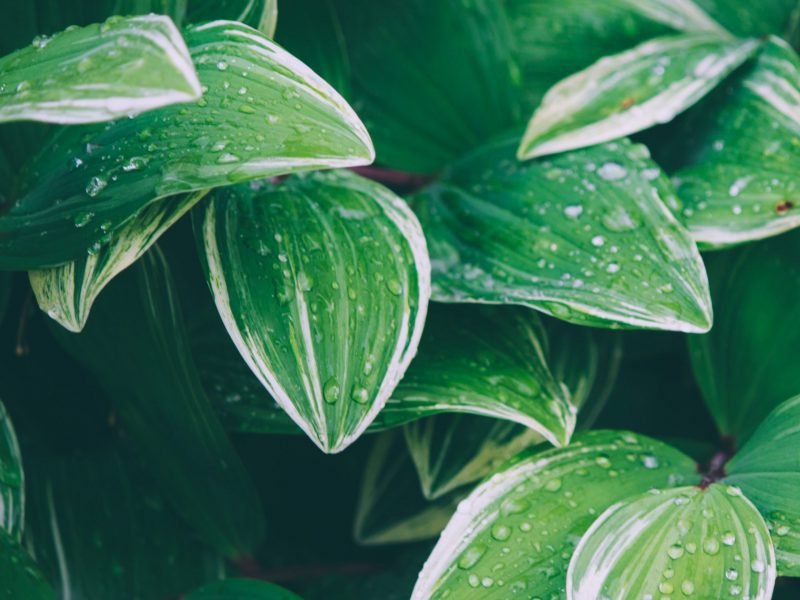
How to grow a Hosta indoors
Usually, Hosta plants are grown outdoors but they are becoming more and more popular houseplants too! Below you will find all the information you need to successfully grow a Hosta plant indoors.
| Light |
Medium LightI prefer areas that aren’t too bright or shady. Finding a balance is important. |
| Water |
Water FrequentlyI like my soil to be moist so make sure to water me often. |
| Humidity |
Medium HumidityPlease make sure the air isn’t too dry, otherwise I won’t be a happy plant. |
| Soil |
Potting SoilI need soil specifically for indoor plants as it retains the right amount of water. |
They don’t need bright light to thrive
The majority of Hosta types prefer to grow in shady areas of your home and really don’t need much sunlight. However, do check the variety of your Hosta as some do require some bright indrect light at times.
Hostas are thirsty plants
Hostas like to drink and need watering often. Make sure you keep the soil moist and the potting mix doesn’t dry out completely for long periods of time.
Use fertiliser only if you want to
Feeding your Hosta plant is totally optional and up to you. If you do want to feed your plant then use a water-soluble fertiliser monthly during spring and summer. Cut back completely during winter though.
Normal room temperature and humidity is fine
Hosta plants are quite easy to care for because they aren’t super fussy about temperature or humidity levels. They will be just fine with the natural environment in your home which is two less things to worry about!
Propagate your Hosta using stem cuttings
The easiest way of propagating your Hosta (if you don’t want to grow from seeds) is by using a stem cutting. Place the cutting in water and you should see roots starting to grow after a few weeks. You’ll have the best chance at a successful propagation if you do it in spring as this is the start of the growing period.
Unfortunately, Hosta plants are toxic to pets
You will want to keep your Hosta plant away from any pets as they are toxic if ingested.
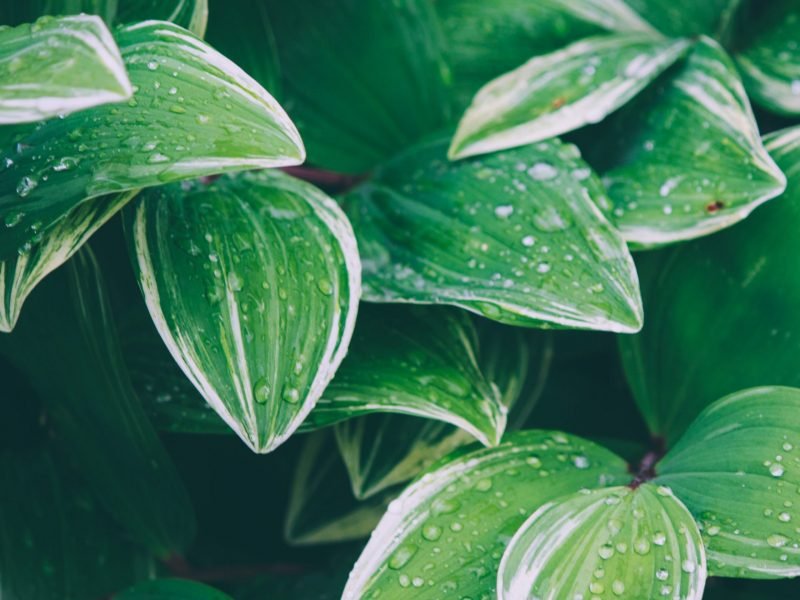
Hosta FAQs
Quick and simple answers to the most common questions we see about the Hosta.
Can Hosta plants be grown indoors?
Yes Hostas can make great houseplants! Usually they are gorn outdoors but recently they’ve become really popular as indoor potted plants too.
How much light does a Hosta need?
The majority of Hosta types prefer to grow in shady areas of your home and don’t need much bright sunlight. However, do check the variety of your Hosta as some do require some bright indirect light at times.
Are Hosta plants toxic?
Yes unfortunately Hosta plants are toxic.
Are Hosta plants easy to care for as houseplants?
Hosta plants aren’t the most difficult plants to care for because they can adapt well to a range of environments. However, the one thing they do require is consistent watering as they don’t like their soil to dry out.
Common Problems with your Hosta
Here are some common issues that you might run into. It’s important to diagnose any issues early to give your plant the best chance of bouncing back.
Why are my Hosta’s leaves discolouring?
If there are dull and faded patches on the leaves of your Hosta plant then it is probably getting too much sunlight. Move to a slightly shadier spot in your home and trim away the worst affected leaves.
Why are there holes in my Hosta’s leaves?
If you notice small holes in the leaves of your Hosta then it usually means there is a pest infestation. Isolate your plant away from any other and carefully inspect the leaves. Trim down the worst affected areas and wash your plant down before treating with an insecticide. If the problem continues you might want to get rid of your plant to prevent the infestation from spreading to your other houseplants.
Why does my Hosta have brown leaves?
If your Hosta has brown patches on the leaves it either means the temperature is too high or it is receiving too much direct sunlight. Often these problems are interlinked as sunlight will cause hotspots near windows so move your Hosta plant to a shadier place in your home and trim away the worst affected leaves.



